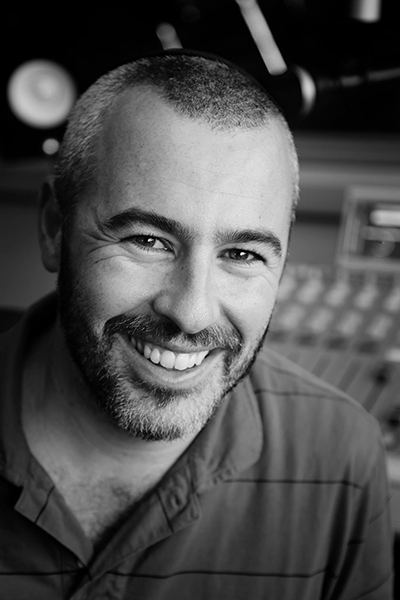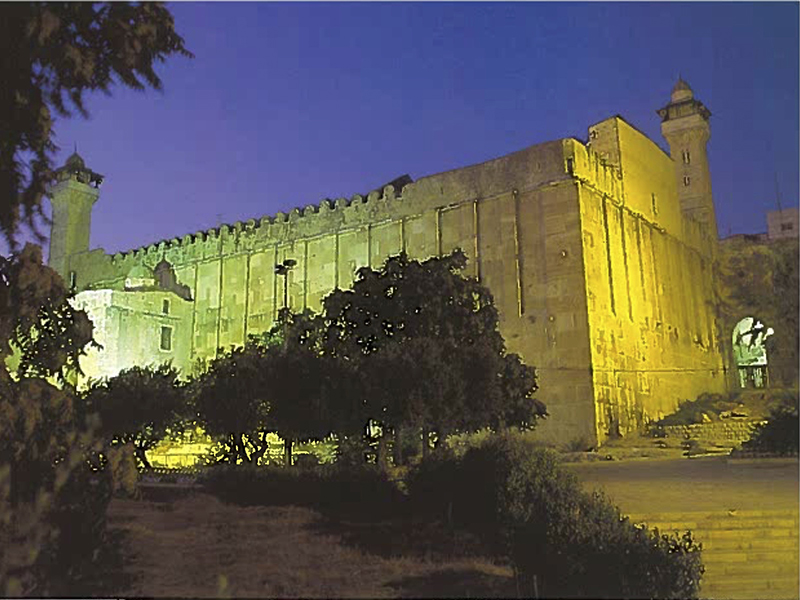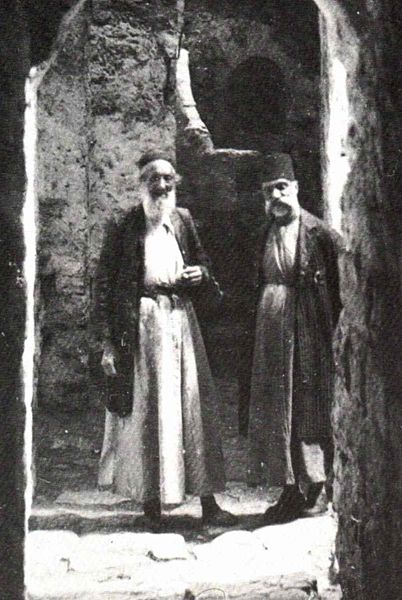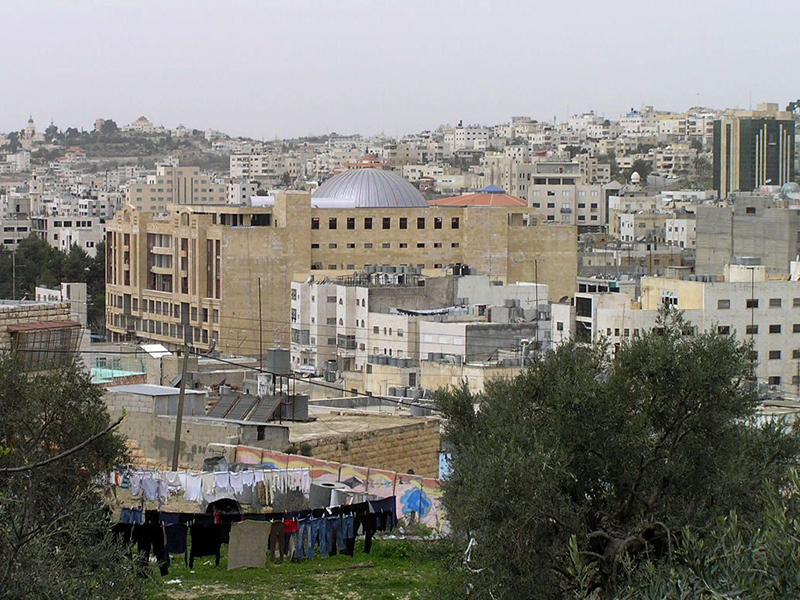Yishai Fleisher is a hip guy, though not in the sense of being covered in tattoos or dressing like he lives in downtown Brooklyn.
Fleisher is the official spokesperson of the Jewish community in the West Bank city of Hebron, and in making the case for the 1,000-strong enclave in the city of 200,000 Arabs, he employs all the tools of modern technology: videos, podcasts and a Twitter feed with more than 7,000 followers. When he argues the case for the community, his rhetoric includes terminology that comes right out of the social justice or environmentalist playbook.
The Jewish residents of Hebron, he said, are the indigenous people of the land, who in Canadian terms, could rightfully be called a “First Nation.” The Jewish connection to the town is holistic, organic and historic, dating back more than 3,000 years to the patriarchs Abraham, Isaac and Jacob, and the matriarchs Sarah, Rebecca and Leah, he said.

Fleisher, who has a degree in law and is an ordained rabbi, presses all the politically correct buttons when making the case for Hebron. His aim is to counter the “weaponized narrative” of the community’s opponents, who label the Jewish residents of Hebron as settlers and as violent troublemakers.
None of that is true, he said. The Jews of Hebron are merely reclaiming their ancestral patrimony that was denied to them after the Arab riots of 1929, which ended a continuous Jewish presence in the city that dated back to biblical times.
Their presence, he continued, assures that the Israel Defense Forces will be assigned to the town to protect them, and that allows the community to ensure the Ma’arat Hamachpela – the tombs that, according to the Bible, Abraham purchased from a local Hittite, to ensure a burial place for his wife, Sarah, and their descendants – remains accessible to Jews. It is, Fleisher said, the first plot of land in the Holy Land to become the legal possession of the Jewish people
Every year during Passover and Sukkot, 60,000 Jewish pilgrims visit the site, which wouldn’t be possible without the Jewish community’s presence in the town, he said.
Fleisher was in Toronto recently to deliver his message of the Jewish right to live in Hebron and to discuss the demise of the two-state solution at Limmud FSU Canada 2018, an adult education event at Blue Mountain Resort, just outside Collingwood, Ont.
He also addressed audiences at a number of Toronto synagogues during his visit.
READ: ‘WE LIVE WITH BORDER PROTESTS AND FIRE BALLOONS’ – ISRAELI DISCUSSES LIFE ON THE GAZA BORDER
Though he is a spokesperson for Hebron, he and his family live in Efrat, a town half way between Jerusalem and Hebron, in what he calls Judea and Samaria, but which many others, including a number of governments, call an illegal West Bank settlement.
Fleisher said he does not refer to Jewish residents of the region as settlers, nor does he accept that their presence is illegal. “I prefer re-settler,” he said. “We’re the ancient people from the land. There have been elements of our people who never left. We are re-establishing the third commonwealth. We’re both the pioneers and the indigenous people. We’re both wrapped up into one.”
Fleisher said that the 1,000 Jews of Hebron and the 9,000 who live in nearby Kiryat Arba have every right to live there. In 1920, world governments recognized the Jewish right to the territory at the San Remo conference. It can’t be illegal to live on the land you rightfully possess, he argued.

“We have a beautiful story. We have to tell it,” he continued. “There is nothing more beautiful, organic and holistic than the Jewish people being back in their homeland.”
Asked to respond to allegations that the Jewish residents of Hebron are violent and that they have been known to uproot Palestinian-owned olive trees, Fleisher dismissed the charges.
“One of the tools that jihadists have started using with alarming success is to describe themselves as victims, while being the incessant perpetrators of victimization,” he said.

“When you push a proud people, they will respond, they will push back.… But to suggest that the poor jihadists are victims of aggression is a farce.”
On the issue of a two-state solution to the conflict, Fleisher believes that proposal is dead in the water.
Judea and Samaria rightfully belong as part of Israel and the whole area will eventually be annexed to become part of Israel, he said.
As for the Arabs, he suggested that there are multiple ways to determine their fate, but political sovereignty isn’t one of them.
They could become citizens of Jordan and retain the right to live in Israel, or those who prove loyal to Israel could be granted citizenship, he suggested.
But in neither case, he continued, nor in the other proposals he has advanced to address the issue, can you say that it is Israel who is depriving the Palestinians of human rights. That distinction belongs to their own governments, the Palestinian Authority (PA) and Hamas, which are both corrupt and oppressive. Israel offers more rights to the Palestinians than the PA or Hamas, he asserted.
